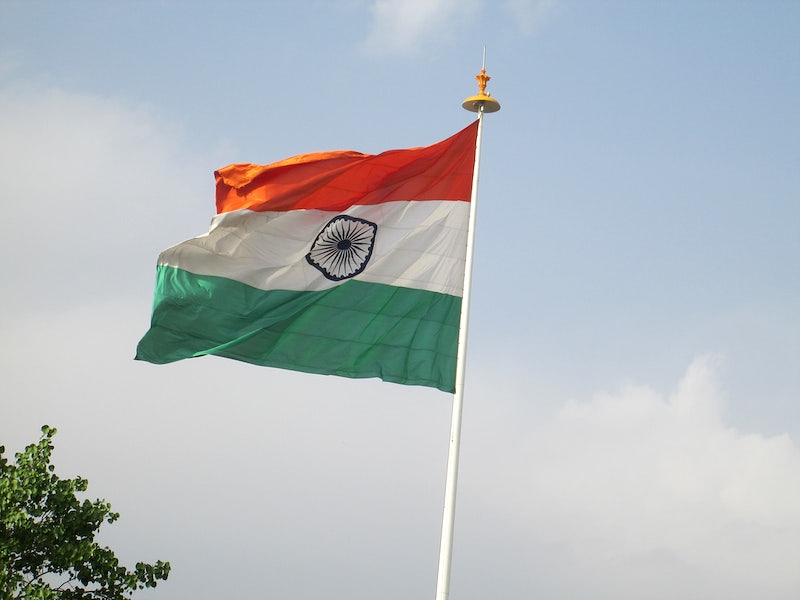In the aftermath of the genocides in Rwanda and former Yugoslavia, organizations created ‘early warning systems’ to predict where mass atrocities might occur in the future, with the goal to prevent more tragedies.
Many human rights activists felt that formal systems to warn global leaders of imminent devastation would provide a clear moral incentive for prevention or intervention.
Some of the more prominent entities with early warning systems include the United Nations Office on Genocide Prevention; the United States Holocaust Memorial Museum; the U.S. Atrocity Prevention Board; the Sentinel Project; International Crisis Group; Amnesty International; Human Rights Watch; Genocide
Watch; Harvard Humanitarian Initiative; Witness; Forum of Early Warning and Early Response-Africa; International Federation for Human Rights; and the Auschwitz Institute for the Prevention of Genocide and Mass Atrocities.
We can draw some conclusions from this sample of national and international organizations.
- Civil society members and global leaders want to prevent mass atrocities.
- There are many models of warning systems.
- The models use similar methodologies and identify nearly-identical places of potential violence.
And perhaps the most significant conclusion: genocides continue to occur despite observing the warning signs.
India has been on the list of many organizations’ warning systems for several years, with the past few years’ warnings becoming ever more dire as anti-Muslim violence in India escalates.
Why have the early-warning systems apparently failed in their prevention mission?
The realpolitik issues almost always overpower human rights concerns. Economics and power balances prevent leaders from acting on the warnings even when the signs are clear.
Let’s consider the situation for India and the US.
Bilateral trade between the US and India stood at a whopping $119.42 billion in 2020-2021.
India has remained neutral in the Russia-Ukraine conflict because of India’s relationship to China and Pakistan. According to the Carnegie Endowment for International Peace, New Delhi sees China and Pakistan as threats. Preserving its friendship with Moscow will prevent Russia from deepening its ties with China and from building new strategic ties with Pakistan. And therefore India won’t criticize Russia.
The US isn’t likely to challenge Narendra Modi and the BJP government on its domestic policies. Too much trade is at stake to risk a confrontation. And regarding Ukraine, the US has no leverage to persuade India to renounce neutrality, and certainly no leverage to bring India into support for Ukraine.




